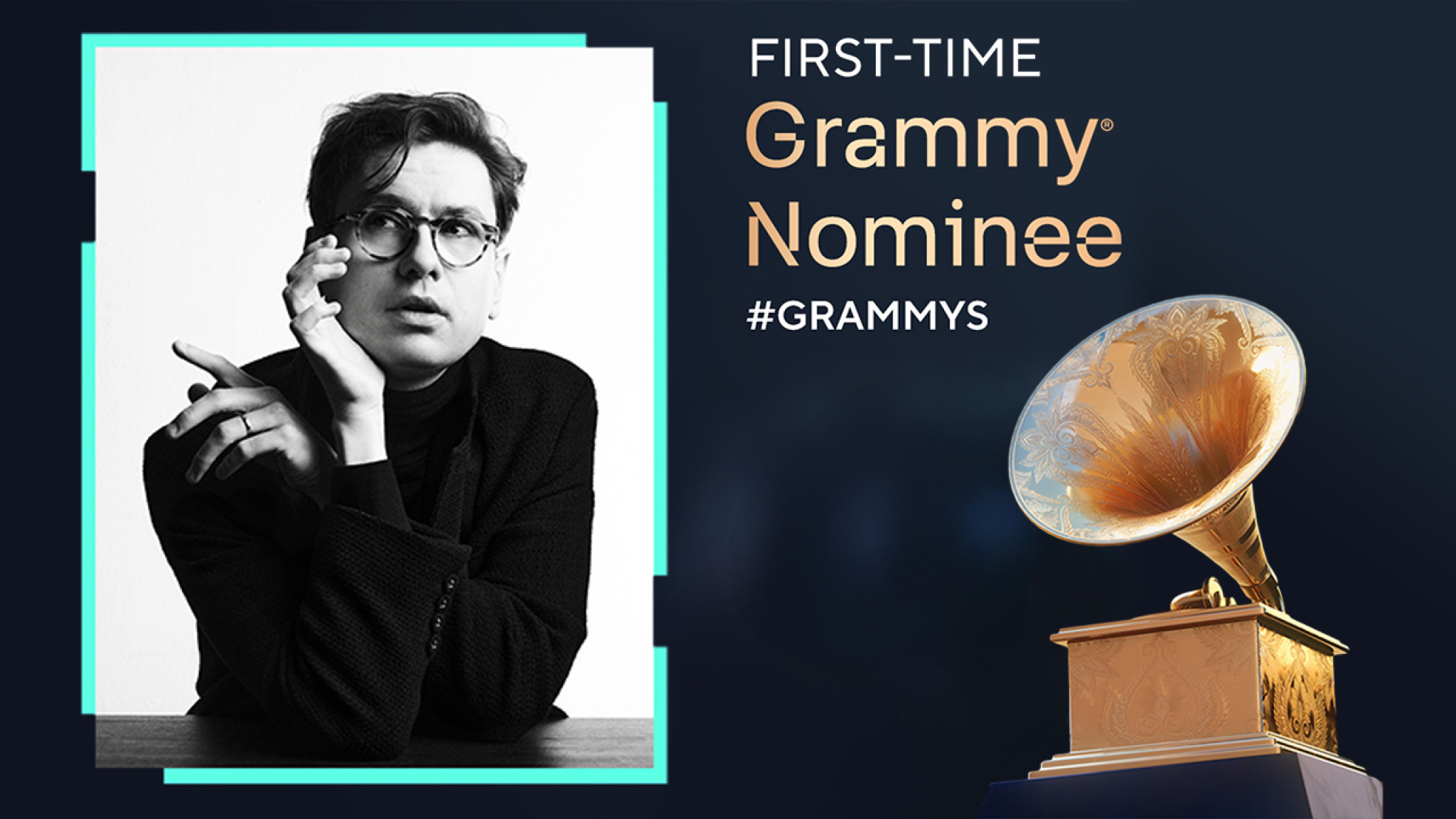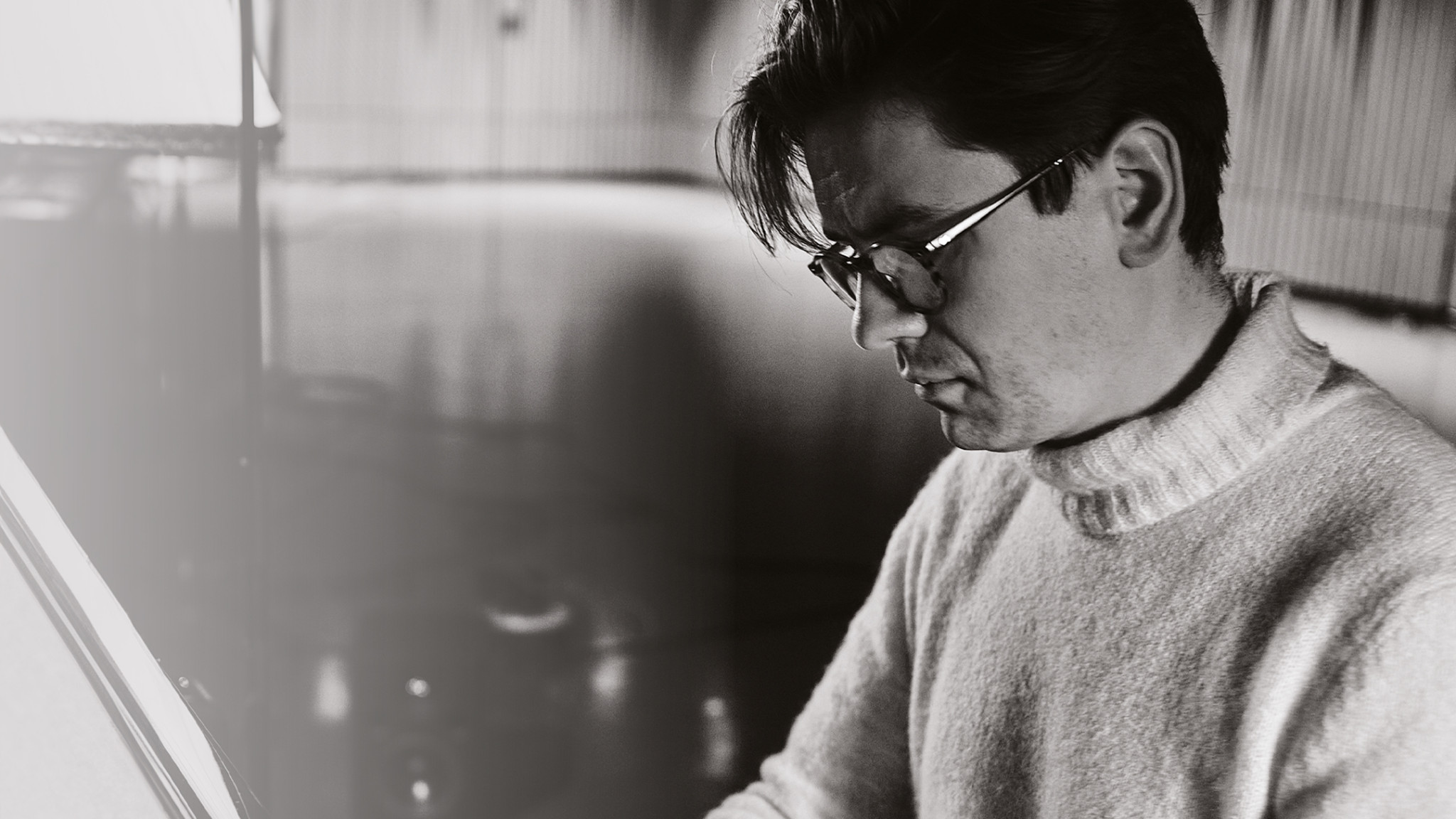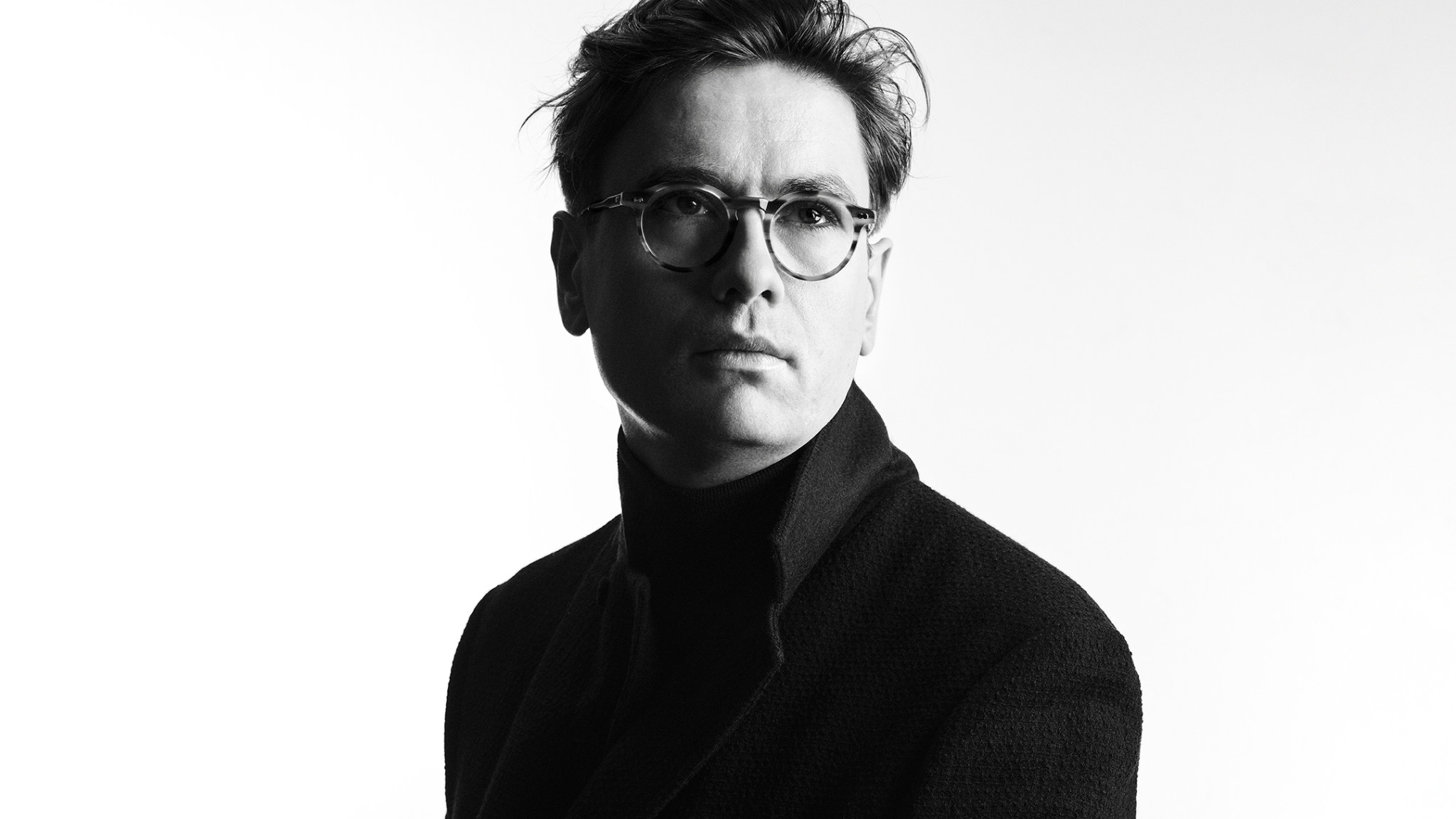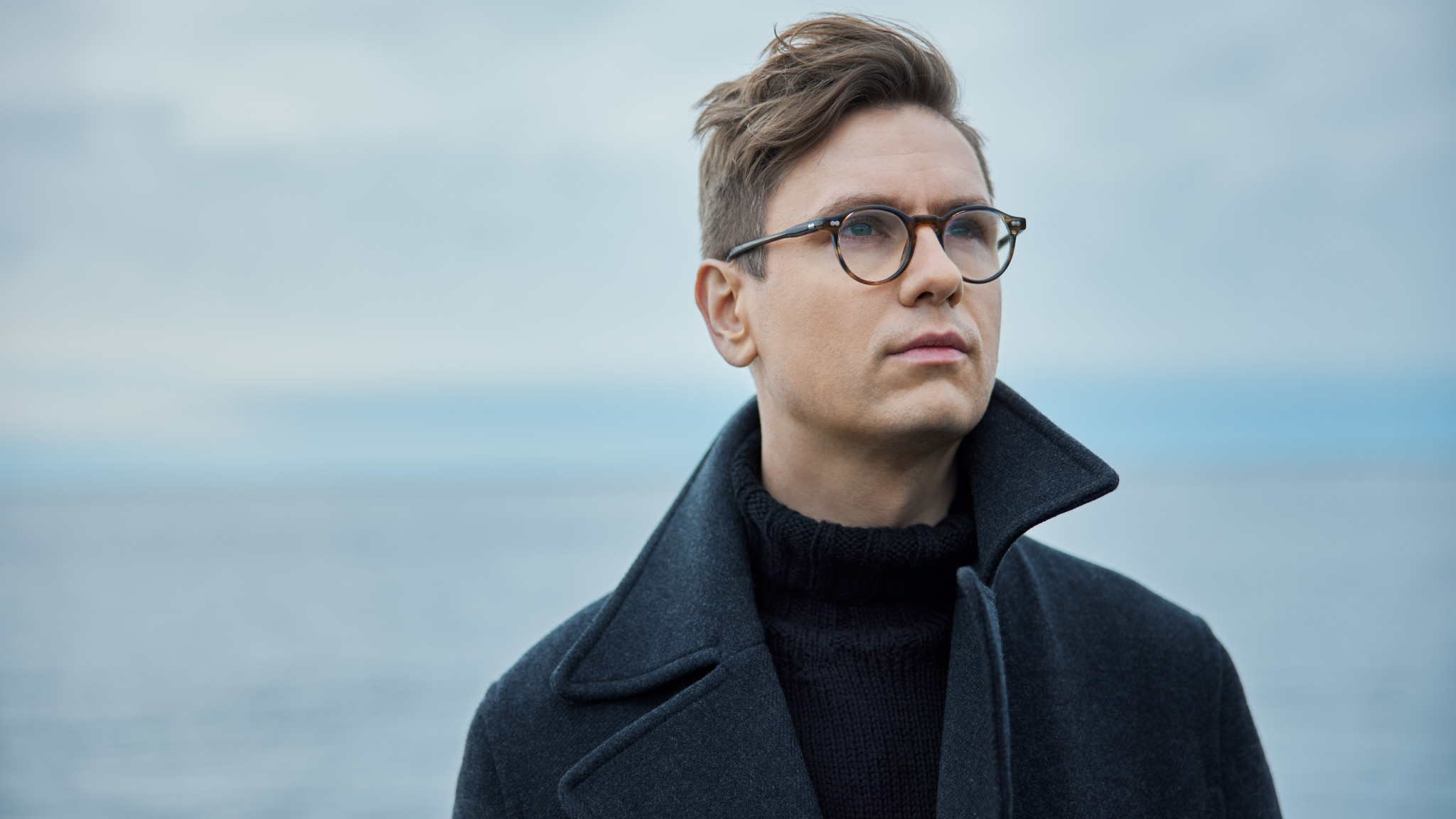Víkingur Ólafsson Returns To His Musical Roots With 'From Afar', His Most Personal Album Yet
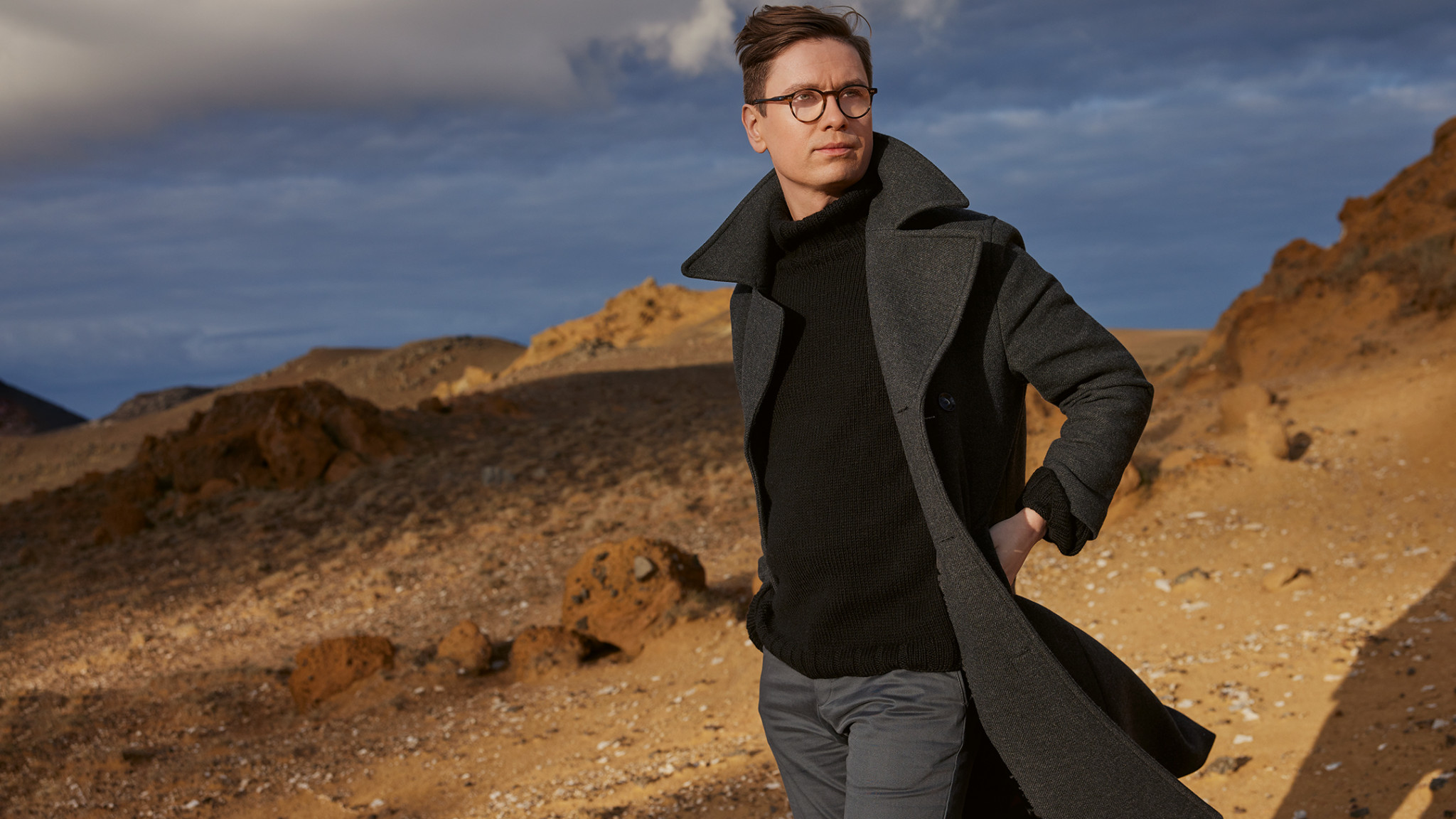
Celebrated for his innovative programming and award-winning recordings, Icelandic pianist Víkingur Ólafsson is offering a window into his musical life story with his new album, From Afar. Due for release on 7 October on Deutsche Grammophon, the highly personal double album reflects Ólafsson’s musical DNA, from childhood memories growing up in Iceland to his international career and contemporary inspirations.
Recorded on both upright and grand pianos, the album captures two distinct sound worlds with works by Bach, Mozart, Schumann, Brahms and Bartók, alongside Icelandic and Hungarian folk songs, a world premiere by Thomas Adès, transcriptions by Ólafsson himself, and interconnecting pieces composed by his hero, 96 year-old Hungarian composer and pianist György Kurtág. The first single, Ave Maria by Sigvaldi Kaldalóns, is released today (listen HERE) along with a new video of Ólafsson introducing the album.
The album was inspired by Ólafsson’s life-changing meeting with György Kurtág in Budapest in September 2021, which left him with “a feeling of lightness and joy” and sparked memories of music he loved as a child. From Afar (a title inspired by Kurtág’s Aus der Ferne) is both a tribute to his hero and a return to his musical roots. “It is more personal than my previous work,” says Ólafsson. “It connects very deeply to my childhood and it pays homage to one of my favourite composers of all time. Throughout the album, there are intimate conversations and messages from afar – closely knit canons, transcriptions and dedications, as well as distant echoes of nearly forgotten, ancient melodies.”
In a bold move, Ólafsson has recorded the album twice – on grand piano and on felt-covered upright, offering the same music with two different timbres. He captures the intimacy granted by the upright, as well as the full palette possible with the grand piano. Ólafsson’s own childhood was marked by his relationship with two such pianos: his parents’ grand piano (which they bought before they could afford a house!) and an old upright piano he was given at the age of seven and whose “warm, dreamy” sound he grew to love as he practised Schumann, Bach and Mozart in his bedroom. Kurtág himself often recorded on felted pianos for variations of dynamics and tone.
Exploring such evocative themes as home, childhood and family, the album features Hungarian and Icelandic folk songs, nature-inspired works, interwoven homages and three previously unreleased transcriptions by Ólafsson: the Adagio from Bach’s Sonata for solo violin in C major, Mozart’s Laudate Dominum – which he dedicates to Kurtág – and Icelandic composer Sigvaldi Kaldalóns’ Ave Maria (the first work Ólafsson ever transcribed). Ave Maria is the first single from the album – a musical prayer which Ólafsson performed as Lockdown Artist in Residence for BBC Radio 4’s Front Row in 2020, broadcasting live from an empty Harpa concert hall in Reykjavík and bringing solace to millions of listeners around the world.
Ólafsson performs with his wife, Halla Oddný Magnúsdottir, in Kurtág’s transcription of Bach’s three-handed arrangement of Trio Sonata No. 1, which the composer used to perform with his late wife, Márta. György Kurtág, in turn, recently dedicated this transcription to Ólafsson. Additionally, Magnúsdottir and Ólafsson duet on Kurtág’s Twittering. Also on the album is the world premiere recording of Thomas Adès’ The Branch, an otherworldly waltz written specially for Ólafsson.
From Afar is the latest recording from the “new superstar of classical piano” (Daily Telegraph) which has seen the Icelander achieve over 400 million career streams and top classical charts around the world; win Gramophone Artist of the Year (2019), BBC Music Magazine Album of the Year (2019) for Johann Sebastian Bach and the Opus Klassik Solo Recording Instrumental award (twice). He has performed at many of the world’s major international venues including the Royal Albert Hall and Carnegie Hall and, in the coming months, opens the classical music seasons at the Southbank Centre in London and Concertgebouw in Amsterdam, and debuts with the Berlin Philharmonic and New York Philharmonic orchestras.


